The meeting between General Secretary and President To Lam and businessmen of the Vietnam Association of Small and Medium Enterprises on the afternoon of August 22 clearly brought many positive messages.
As the head of the Party and State, he chose to meet with small and medium-sized enterprises instead of state-owned enterprises, FDI enterprises or large private corporations. Above all, there has never been such a meeting in history between a General Secretary and representatives of the private business sector. This economic sector has become the largest pillar of the economy through numbers: accounting for 50% of GDP, 35% of total budget revenue and creating jobs for 50% of the total workforce in our country, surpassing the corresponding proportions of both state-owned enterprises and FDI enterprises. 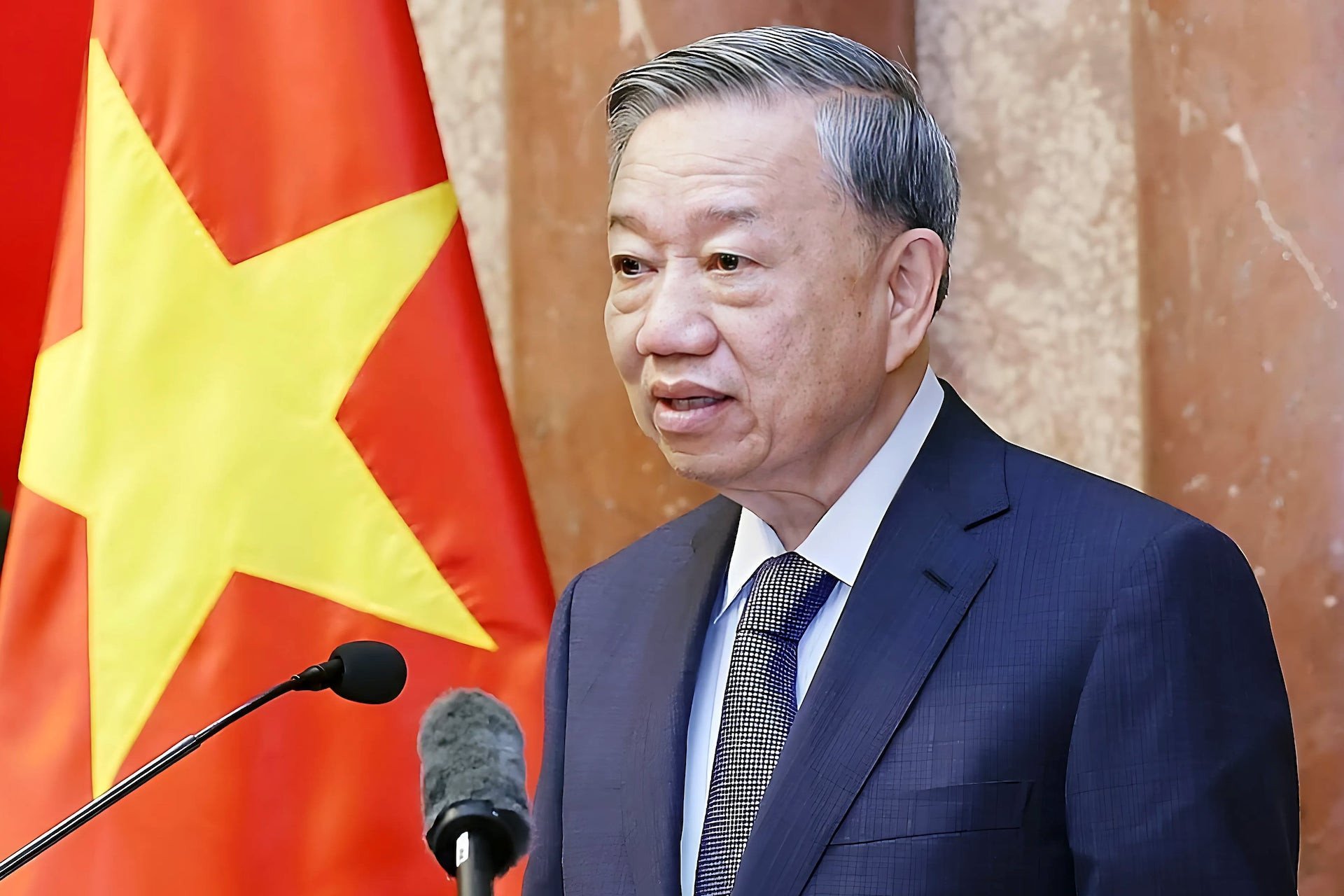

General Secretary and President To Lam speaks at a meeting with businessmen of the Association of Small and Medium Enterprises on August 22. Photo: VNA
At the meeting, he reiterated the spirit of the Resolutions that enterprises are the driving force of economic development and emphasized: The Party and the State always pay special attention and create the best conditions for the Vietnamese business community to operate and develop . He shared about the situation where many businesses are still struggling with difficulties in the fiercely competitive environment and urged the Vietnamese business community to continue to grow strongly. The meeting itself and the encouragement through the words of the head of the Party and the State are expected to bring a new breeze to the business sector, which is going through the most difficult period due to many events, both domestically and internationally, as mentioned in the two previous articles ( "Central" point in the first article of General Secretary To Lam and Awareness of the new era of the nation ) . In an effort to respond to that spirit, we asked many economic experts and policy makers: What is the key point to create a breakthrough, liberating social resources to escape the current situation? The general answer is, now it is necessary to arouse the spirit of desire for free enterprise in the private sector, the desire to work in the public sector that society used to have, creating a driving force for rapid development. Economic expert Nguyen Dinh Cung acknowledged: " There was a time when society had a burning spirit of business, but now it is different. The State system is stagnant because it has to focus on reviewing, inspecting, and checking; no one dares to do anything ." He affirmed that the role of the State is still particularly important in socio-economic development, so it is necessary to quickly remove the stagnation of the State sector. Mr. Cung further affirmed that the private sector is also very stagnant, business confidence is very low. This is clearly shown in the VCCI Report, according to which the level of business optimism is at its lowest level compared to previous years. Specifically, only 27% of businesses will expand production and business in 2024 and 2025, down significantly from 35% in 2022. This 27% figure is also lower than the previous bottom in 2012-2013 when the Vietnamese economy faced the double impact of the global financial crisis along with domestic macroeconomic instability. Mr. Cung said: “Leaders are eloquent people, constantly giving speeches to encourage the entrepreneurial spirit, thereby creating change. In addition, reducing inspections and checks and having some instructions such as lifting the exit ban on tax-debt businessmen, resolving some unworthy cases related to businessmen ”. “ Such small actions have a huge impact on social psychology ”, he added. The prohibition of businessmen with exit tax debts is stipulated in Clause 1, Article 21, Decree 126/2020/ND-CP detailing a number of articles of the Law on Tax Administration. Many localities have published a long list of businessmen with exit tax debts and this list may be longer in the future in the context of tax debt becoming more serious as businesses face more difficulties. The Ministry of Finance said that the tax debt is nearly 164 trillion VND by the end of 2023. Economist Tran Dinh Thien commented: “The sanction of prohibiting businessmen from leaving the country due to tax debt is too strict and causes more damage and disruption to the economy than the benefits it brings. If businessmen are publicly identified and banned from leaving the country, which partners will dare to play and do business with them? If they are not allowed to leave the country, how can they find more partners and new orders to restore production, expand the market, and have revenue to repay tax debts and pay taxes! Thus, they are deprived of the opportunity to restore production and business . "I think this regulation does more harm than good, especially when the economy is in an extremely difficult period," said Mr. Thien. “ The issue of criminalizing civil relations is also worth discussing. If a businessman goes to jail, his business will go bankrupt, the entire ecosystem will be affected, and workers will lose their jobs. Therefore, policies need to be designed to punish them severely so that they do not dare to do it, cannot do it. For example, when drafting the Securities Law, experts recommended that the crime of stock manipulation should be punished 1,000 times the amount of profit. However, this recommendation was not accepted and the Law stipulates that the fine is only 500 million VND. Suppose stock manipulation profits up to 100 billion VND, then the fine of 500 million VND is nothing. Economic violations need to be handled with economic measures to recover illegally appropriated money. Sanctions need to be prescribed much heavier than the amount of money and property appropriated to prevent recurrence in the future and serve as a warning lesson. Severe economic sanctions will make people who intend to “fraud”, even through contracts, Of course, to “not criminalize civil economic relations”, many other factors are needed, such as reforming to improve the efficiency, effectiveness and trust in resolving contract disputes and business bankruptcy procedures; establishing inter-district and regional economic courts that are not attached to or dependent on administrative levels; establishing appropriate institutions, especially in the Penal Code, while improving the capacity, effectiveness and efficiency of the apparatus and enforcement activities.Vietnamnet.vn
Source: https://vietnamnet.vn/diem-chot-can-thao-go-tren-manh-dat-thuc-tien-viet-nam-2315687.html



![[Photo] Third meeting of the Organizing Subcommittee serving the 14th National Party Congress](https://vstatic.vietnam.vn/vietnam/resource/IMAGE/2025/4/2/3f342a185e714df58aad8c0fc08e4af2)


![[Photo] General Secretary To Lam receives Russian Ambassador to Vietnam](https://vstatic.vietnam.vn/vietnam/resource/IMAGE/2025/4/2/b486192404d54058b15165174ea36c4e)


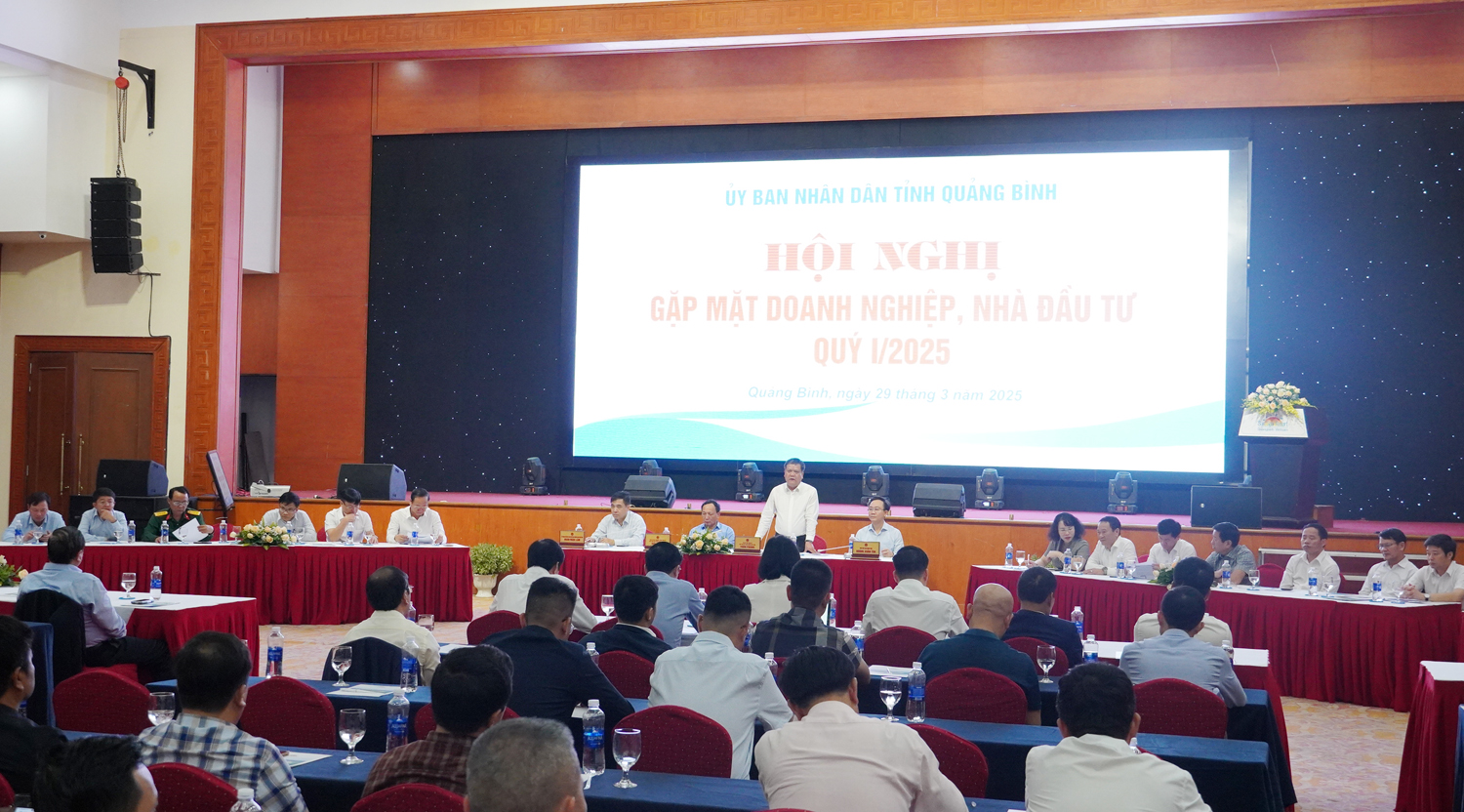
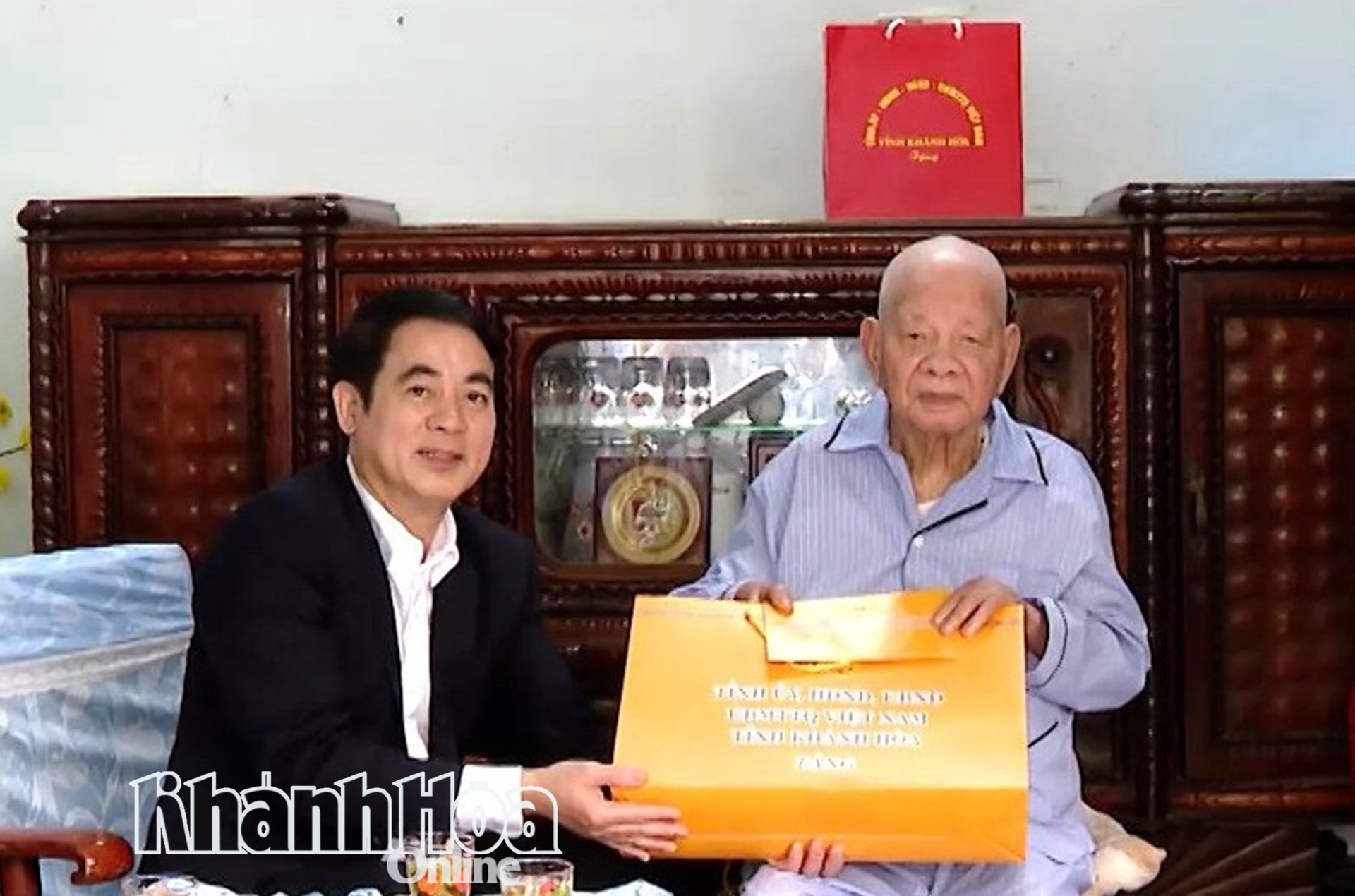


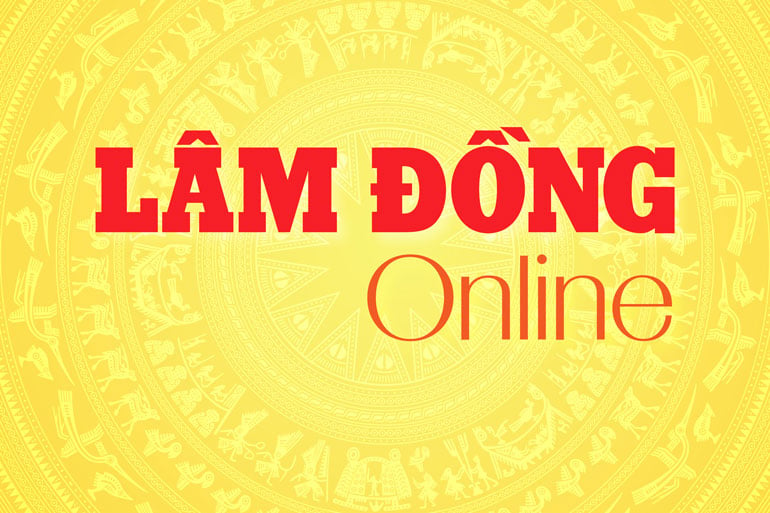










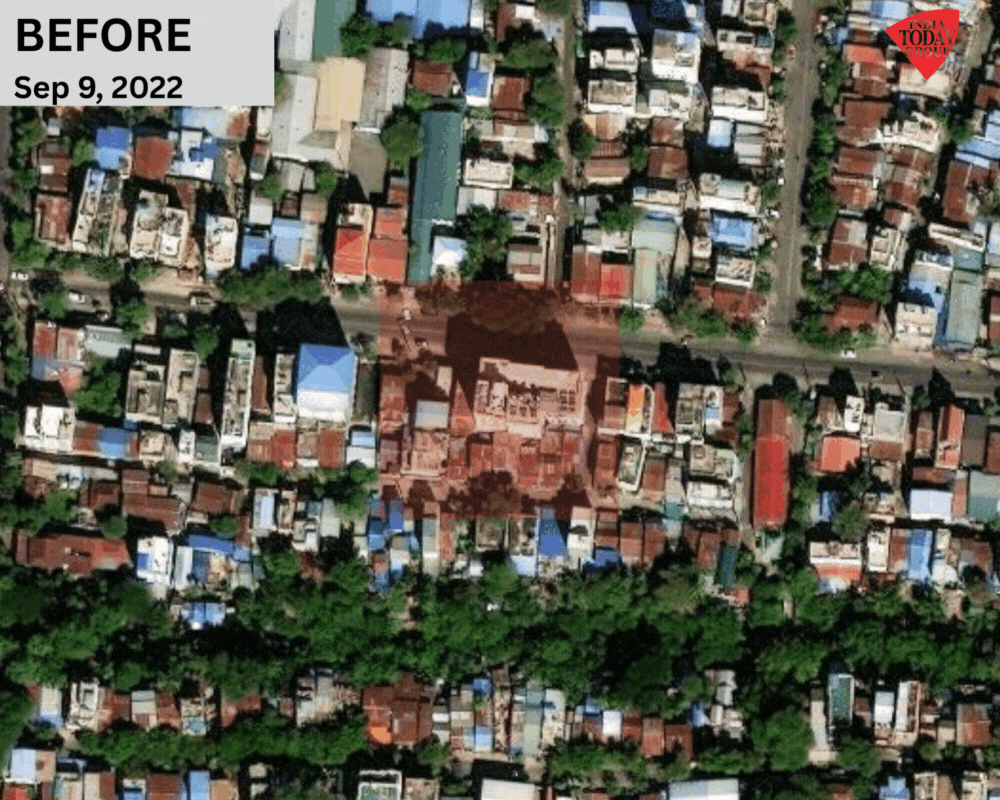



![[Photo] Relatives of victims of the earthquake in Myanmar were moved and grateful to the rescue team of the Vietnamese Ministry of National Defense.](https://vstatic.vietnam.vn/vietnam/resource/IMAGE/2025/4/2/aa6a37e9b59543dfb0ddc7f44162a7a7)

















































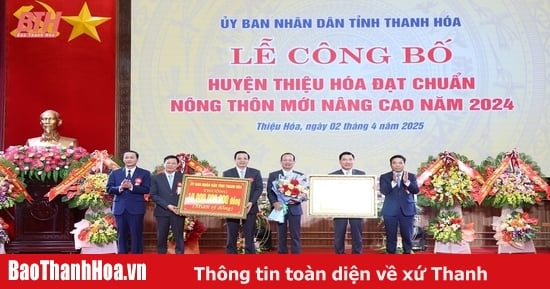

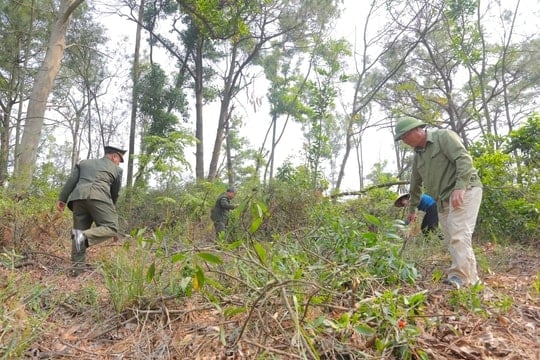

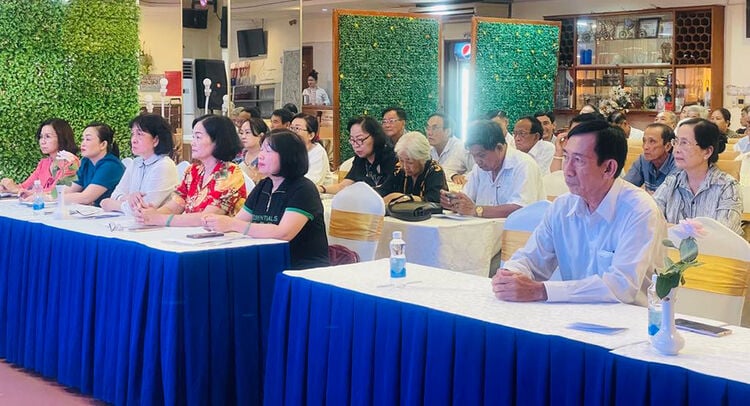














Comment (0)